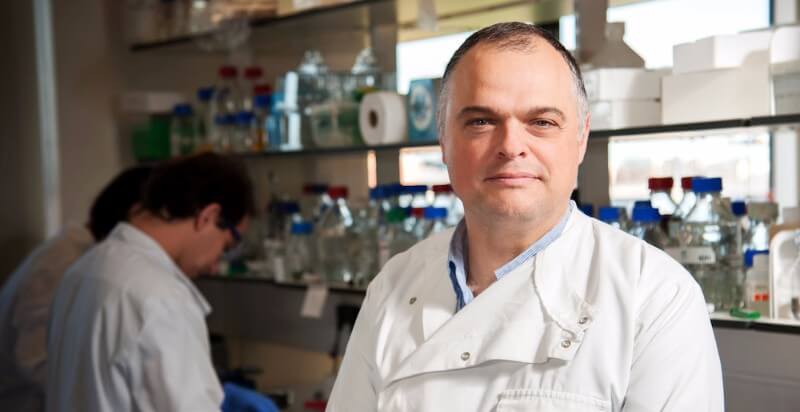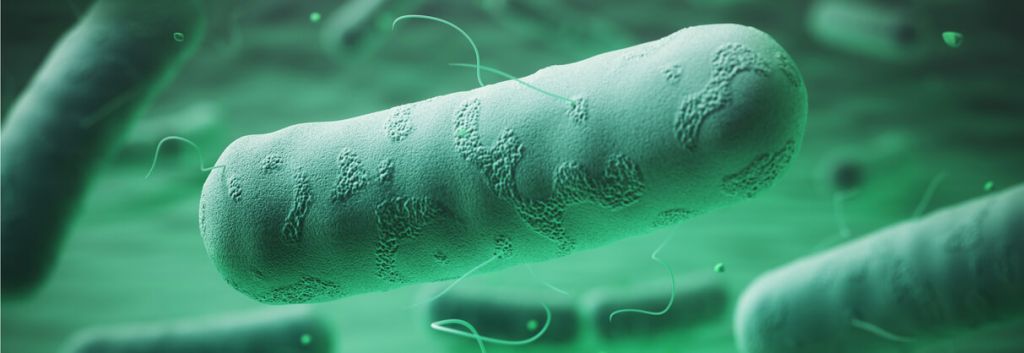Researchers from the UK and Australia have described for the first time the detailed molecular mechanisms behind last-line antibiotic resistance.
A month ago, the news of a woman who died of an infection with a bacteria resistant to all 26 antibiotics available in the US traveled the world. The bacterial strain responsible, Klebsiella pneumoniae, is one of the multi-drug resistant (MDR) organisms identified as an urgent threat to the human health by the World Health Organization (WHO).
Scientists from the Queen’s University in Belfast and the University of Queensland in Australia have finally identified the precise molecular mechanism by which this organism resists colistin, a last-line antibiotic used to treat MDR infections. This discovery could help researchers find new ways to fight deadly infections by antibiotic-resistant bacteria.

The authors of the study, published in the journal EMBO Molecular Medicine, created a strain of K. pneumoniae containing a gene mutation that had been previously linked to colistin resistance. They discovered that a defective form of the mgrB gene led to the structural remodeling of lipid A molecules in the bacteria’s outer membrane, which are the target of the antibiotic.
On top of that, the mutation proved to make the bacteria more virulent and inhibited the immune response to the infection. This is a particularly alarming discovery: while most mutations behind antibiotic resistance tend to decrease bacterial virulence and survival, the mechanism described here indicates the opposite. This effect could explain the rapid spread of resistant K. pneumoniae strains that has been reported in the past few years.
José Bengoechea, leading the research, highlighted that the findings should serve as a warning for hospital staff to closely monitor patients infected with K. pneumoniae while scientists look for solutions. “We are now working to find treatments against this type of infection, exploring the potential of boosting our own defenses so that we can find a long-term solution to avoid a potential pandemic in the future.”
Images from Maxx-Studio /Shutterstock; AlphaGalileo





